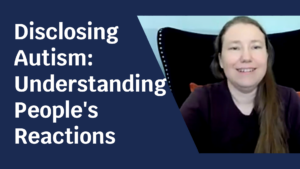
Disclosing Autism: Understanding People’s Reactions to Disclosing you’re Autistic
People can often have upsetting reactions when you tell them you’re Autistic. Here’s why I think those reactions happen, and why it doesn’t have to be the end.

People can often have upsetting reactions when you tell them you’re Autistic. Here’s why I think those reactions happen, and why it doesn’t have to be the end.
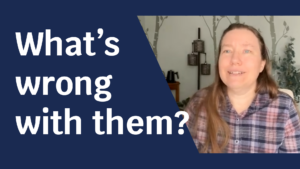
When you have relationship troubles, it’s so easy to default to asking “what’s wrong with me?” Instead, sometimes it’s worth asking, “what’s wrong with them?”
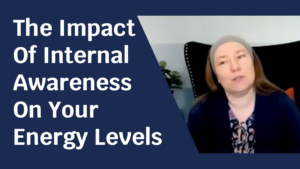
Here’s an explanation on how being aware of your body’s signals helps you manage your energy.
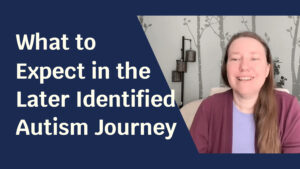
The 5 stages people predictably go through after figuring out as an adult that you’re autistic.
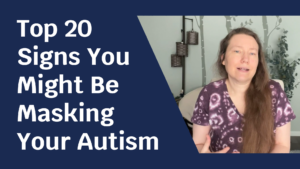
Here are the top 20 signs from everyday life that you might be masking your autism.
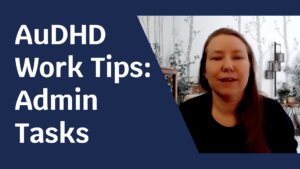
A couple of ideas on ways to make your work more manageable through different resources.
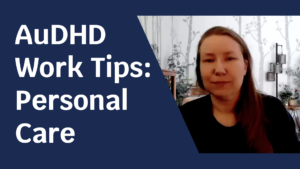
Here’s a couple tips for different things you can do to help make working work better for you.
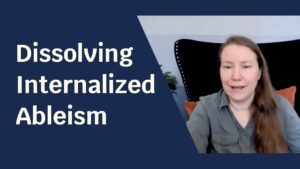
What internalized ableism is, how it affects us, how we have more power than we realize, and some starter tips to dissolve it bit by bit.
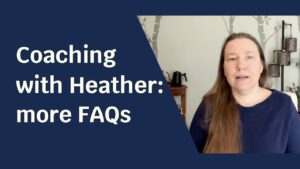
Here are answers on how I work, my communication style, how to prepare for sessions, and if one-on-one is really needed (or would be a good fit for you).
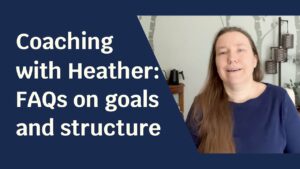
I’m answering common questions on how I approach (or don’t) goals, structure between sessions, homework, and accountability.
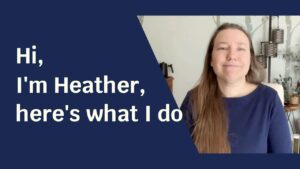
Here’s a little intro to Heather of Autism Chrysalis, a bit about me and what I do.
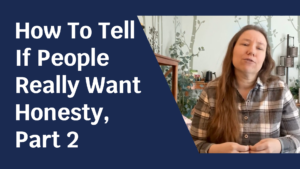
When people tell you they want the truth, but then get mad or defensive or say it’s fine but things are weird between you later, here’s what I think is really going on.

If you’re wondering if my anti-anxiety course is a good fit for you, here’s some information that may help you decide.

A recent trip to the dentist was both a harrowing experience and a moment of acceptance.

I’ve been re-examining some life lessons since I’ve been doing art again. This time, I’m exploring how some mistakes can be fixed, reduced, or made so that their effects don’t echo.
We don’t spam or sell. Promise. Unsubscribe at any time.
Read our privacy policy here.
Privacy Policy Heather’s Boundaries (T&C)
The information on this site is not intended or implied to be a substitute for psychotherapy, medical advice, diagnosis, or treatment.
© 2020-2024 Autism Chrysalis LLC.